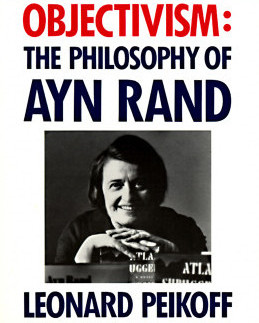An excerpt from chapter 5 on Reason from Objectivism: The Philosophy of Ayn Rand by Leonard Peikoff.
In turning to the question: does reason lead man to certainty? I must begin by reaffirming that human knowledge is limited. At every stage of conceptual development, a man has a specific cognitive context; he knows something, but not everything. Only on the basis of this delimited information can he gain new knowledge.
In the previous chapter, I stressed the importance of relating a new idea to the full context—of seeking to reduce the idea to the data of sense and to integrate it with the rest of one’s conclusions. Now I want to develop a further point:
once these logical requirements have been met, the idea has been validated. If a man evades relevant data; or if, defaulting on the process of logic, he jumps from the data to an unwarranted conclusion; then of course his conclusion does not qualify as knowledge. But if he does consider all the available evidence, and he does employ the method of logic in assessing it, then his interpretation must be regarded as valid.Logical processing of an idea within a specific context of knowledge is necessary and sufficient to establish the idea’s truth.
The point is that one cannot demand omniscience. One cannot ask: ….
Read the rest in Objectivism: The Philosophy of Ayn Rand.
